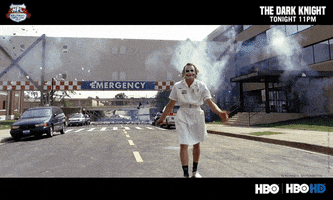D
deleted1038433
I'm glad you and others have had good experiences in VA training. I recognize the abusive stuff I experienced as a VA trainee is not the norm. I hope @ThatPsyGuy has a good experience and that my recs are unnecessary at the VA they work at. I also hope a variety of viewpoints, which may be contradicting, will help them be prepared (#bestdisneyvillainsong).Yikes. ☹️ I don't doubt you had a different experience. Just sharing mine. I had a similar experience (at least based on your advice here) in a different setting (i.e., non VA) that was not a fit for me long term.
Just trying to convey to @ThatPsyGuy there is hope. I think PCMHI can be a mixed bag. I agree with the above advice in any setting and hope it ends up a good experience.

